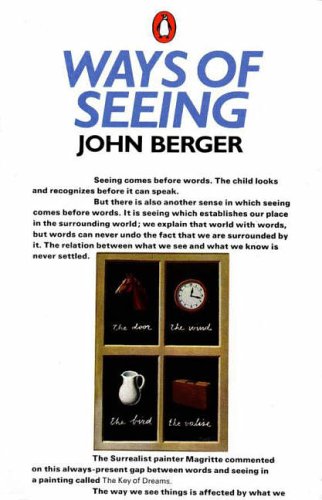Insectopedia
Hugh Raffles
The first chapter "Air" talks about how numerous, varied, everywhere, visible and invisible insects are. so the relationship between humans and insects is complex: every story is unique and curious: some very delightful, others thought-provoking, a couple gross, all with some surprises, even mysteries, in unsuspected corners - as insects are.
I translated chapter G (Generosity), about cricket fight in China. it turns out also to be the most interesting one as casual reading goes.
"Jews" is an eye-opening novel perspective about Nazis' antisemitism history, which has haunted me ever since. one phrase popped up in my mind is "the logic of logistics" - not even sure it is a correct expression - the chapter explains not only how in general people would degrade others to a non-human status and then kill with an easy conscience, but also how the gas chambers had been conceived and constructed. pure horror. I thought I had learned enough about holocaust reading "man's search for meaning".
I was most delighted by the chapter "Temptation", "gifts for sex" even in lowly insects! (or how "high-minded" is human culture, really?) and the "gifts" look very beautiful!
Dr. Raffles can be very playful. I jumped to chapter "Kafka"confidently, only to be surprised: yes, it's about metamorphoses, no, not a word about that "Metamorphoses"! But I believe he now "owes" his fans another chapter. :)
Dr. Raffles also plays with words. even excessively. I'm talking about the chapter "Ex Libries, Exempla": I lost count of how many ex'es he has used (and started to worry about the meaningless translation of only meanings)
The only criticism I have about the writing is that Dr. Raffles has a tendency to be comprehensive. sometimes in a single sentence, he has to list every more or less related event about a given time or a location, essentially expanding the long sentence into one paragraph. it's somewhat distracting and disrupting the reading flow.
Lastly, with my born insect-phobia, I have to add that I've pretty much read the whole book while holding down a mild nauseous feeling most of the time. what a unique book!




![Homo Deus: A Brief History of Tomorrow by [Harari, Yuval Noah]](https://images-na.ssl-images-amazon.com/images/I/414JWlgTXGL.jpg)
![The Luminous Heart of Jonah S. by [Nahai, Gina B.]](https://images-na.ssl-images-amazon.com/images/I/61fEOQkkyeL.jpg)

![The Shock of the New by [Hughes, Robert]](https://images-na.ssl-images-amazon.com/images/I/41ISvHng3PL.jpg)
